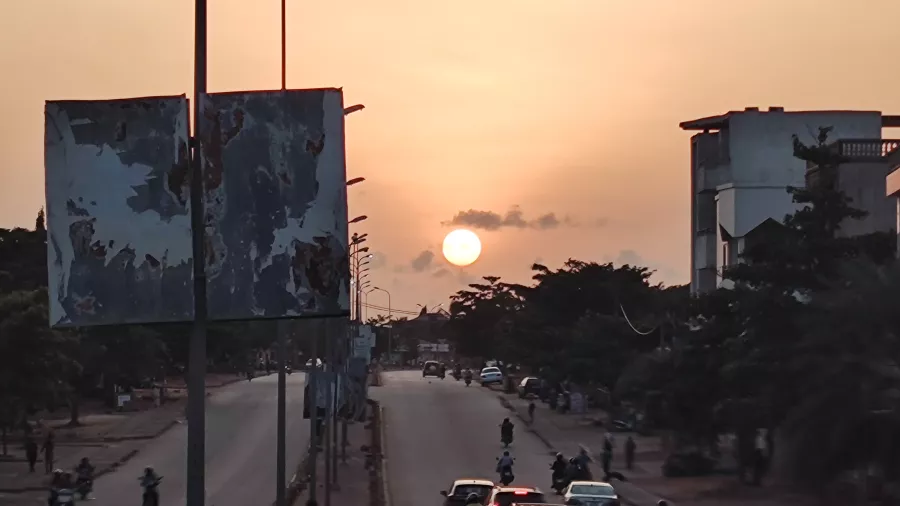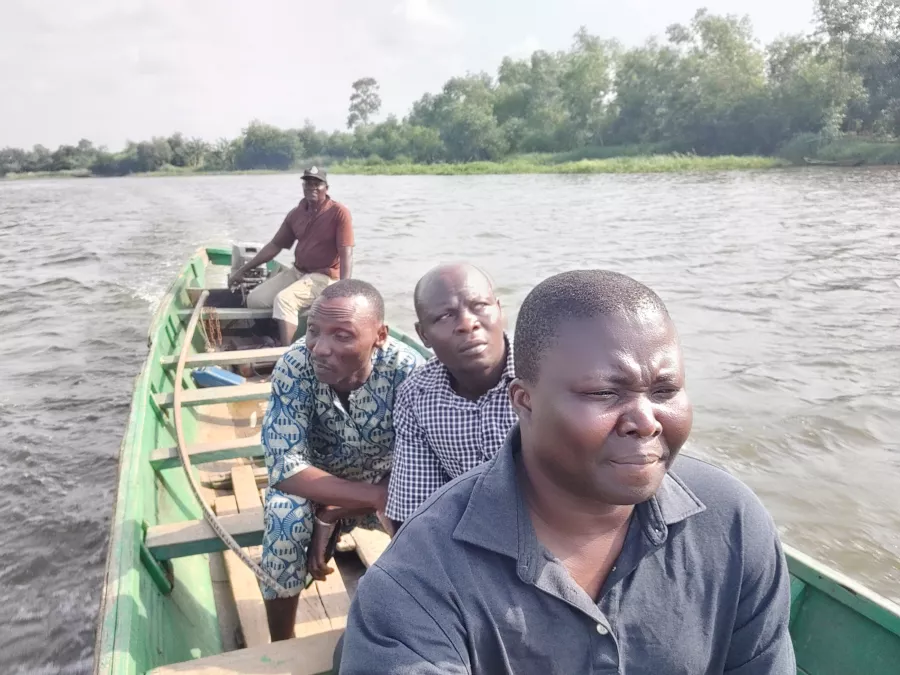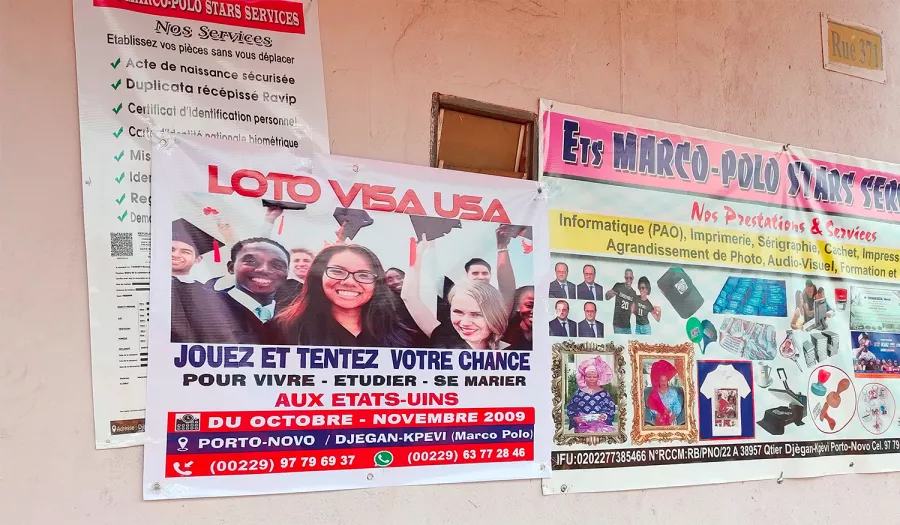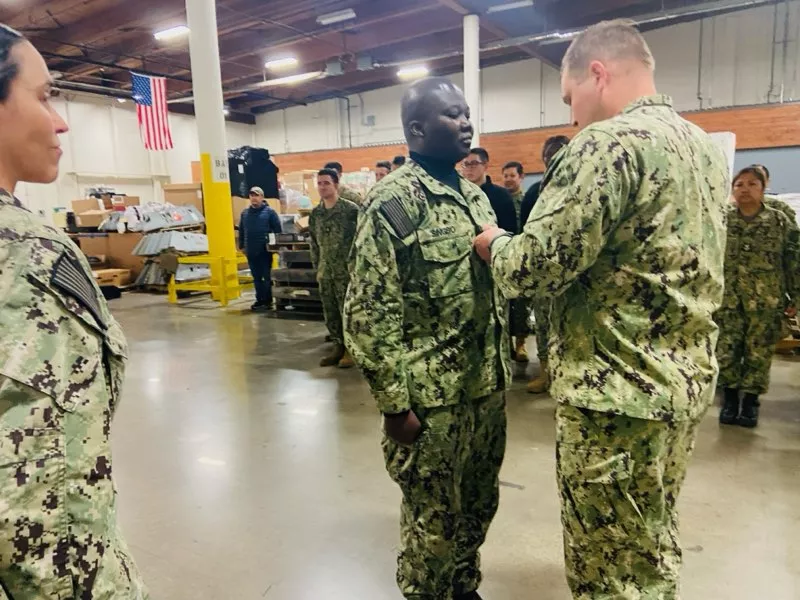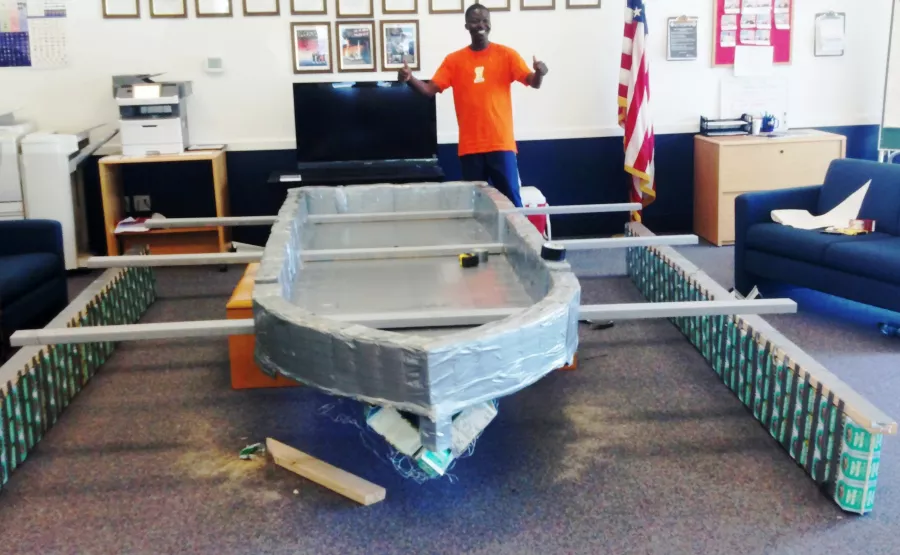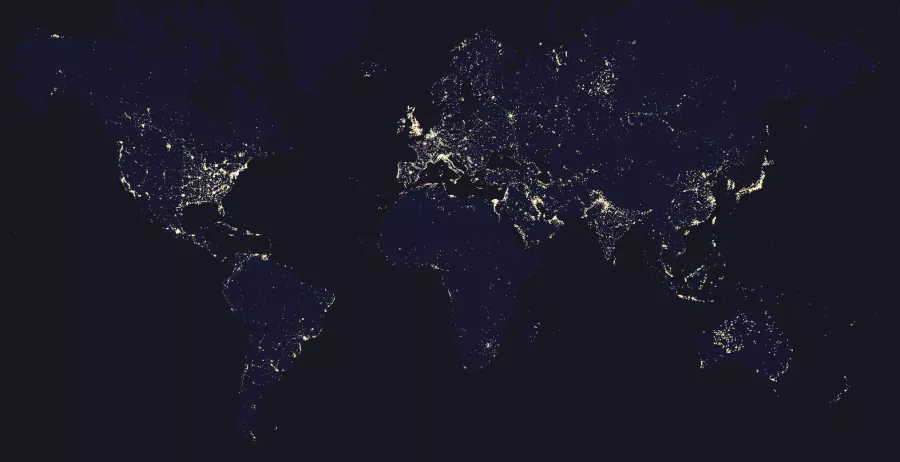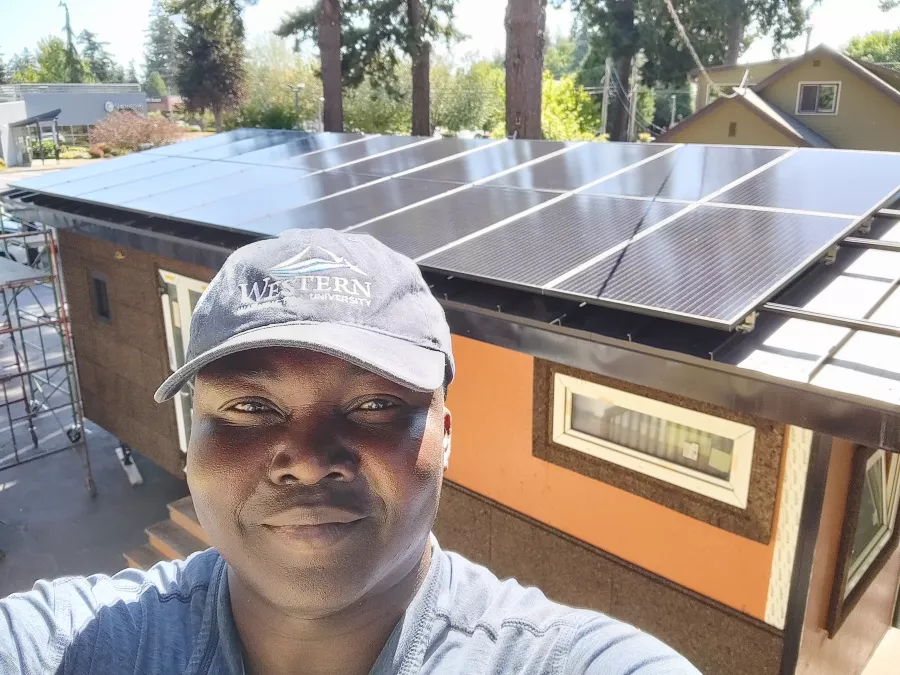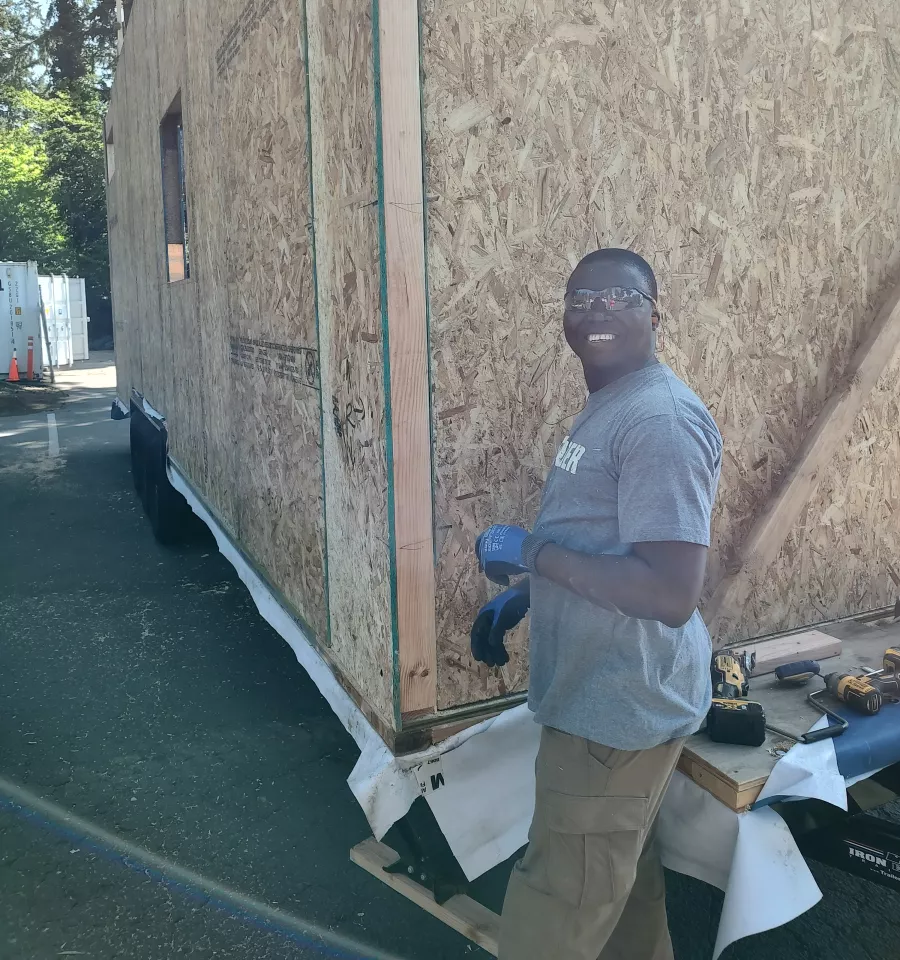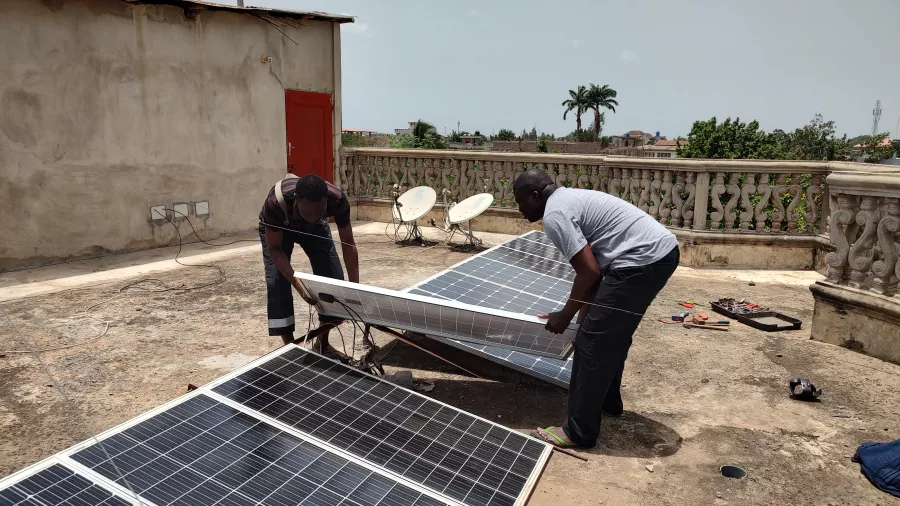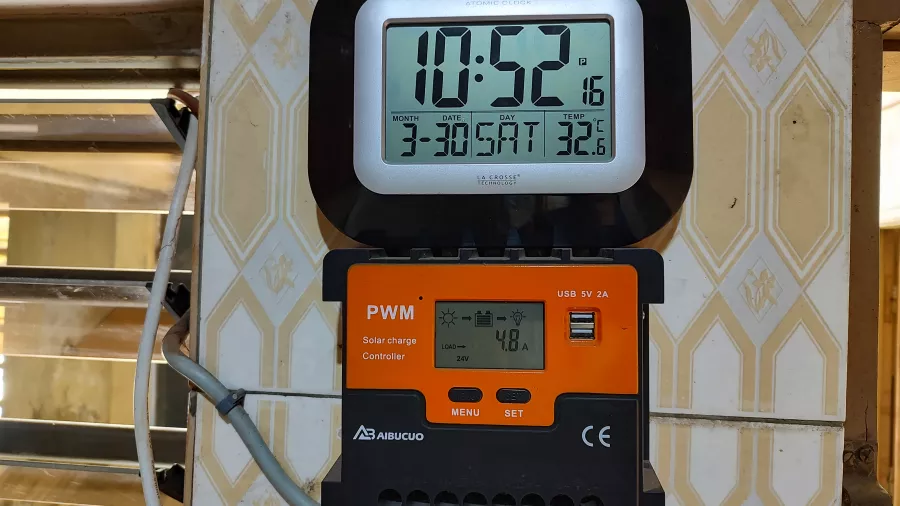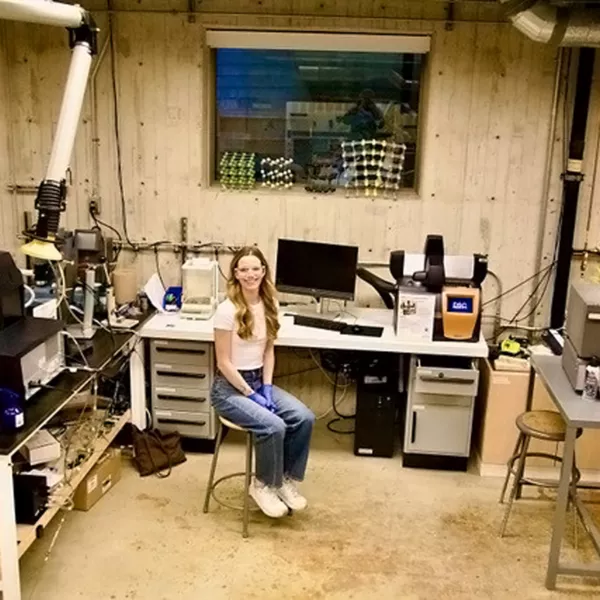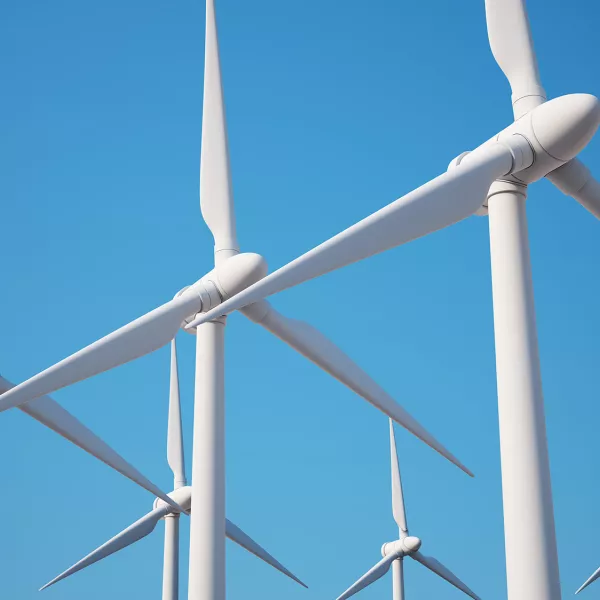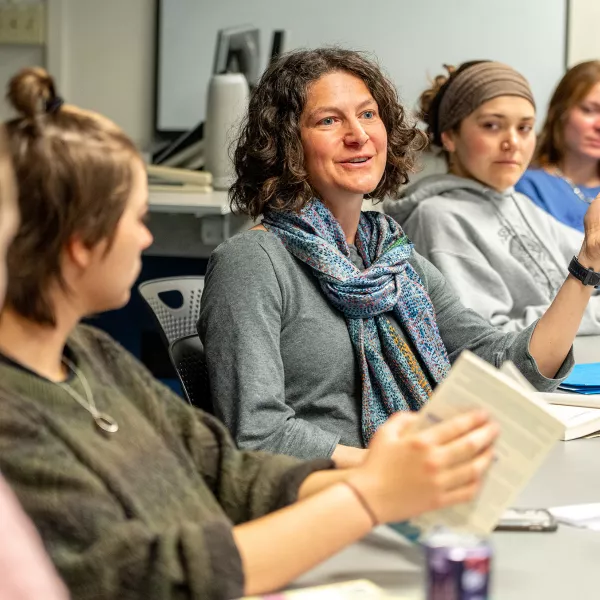Through a connection, I met Azangban, another Beninese, in the Navy recruitment center in Renton, near where I was staying. He became a crucial mentor, providing not just guidance but also practical support with clothes and furniture. Azangban suggested I consider enlisting, emphasizing the sense of the collectivity and opportunity it offered. Despite doubts and perpetual internal battles, I saw it as a chance to contribute to my new American community.
The Navy put me in bootcamp in Illinois. It was bootcamp for me physically and also bootcamp for my mind and my language. I almost left, it was so difficult. I couldn’t understand anything they were saying. They had to use gestures to help me understand orders. It was also physically so hard. My fitness needed to improve. I couldn’t swim.
What would a non-swimmer, non-English speaker want to do with the U.S. Navy? I thought about leaving all the time. But I also thought about my son. I am doing this for my family. This is not just me. The drive is mine, but my family keeps it going.
In the Navy, you get yourself on a good path, you do the work, you follow what is meant to be done, and somehow you make it. I was put in a special program to perform better. My fitness got better. My English got better over time. I spent my free time teaching myself English by watching YouTube videos, especially debate videos. It was also helpful watching how people talk, especially how they move their lips.
The Navy took me from training in Illinois to Virginia to California, where I boarded my ship, the USS Gridley. We deployed for 10 months the first time. We were all over the world. Australia, Singapore, the whole Middle East, including longer stays in Bahrain, Saudi Arabia. There are another 10 stories in that tour alone, but the main lesson I learned is, like in life, you must be open to some risk. The Navy exposed me to the whole world, and it made me think, “OK I am so small, so what is my contribution going to be?”

